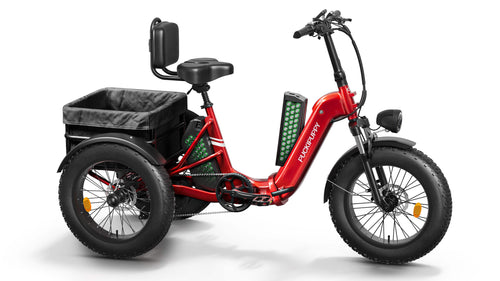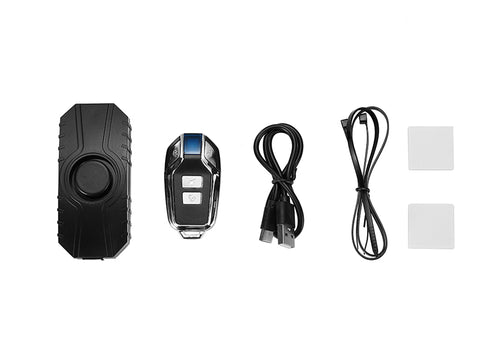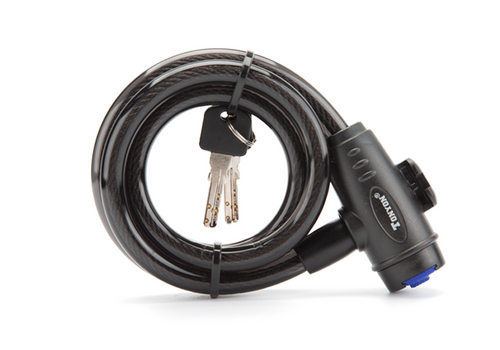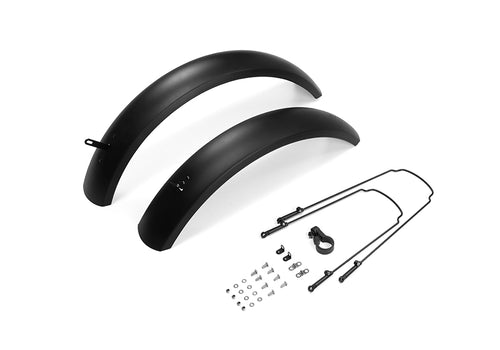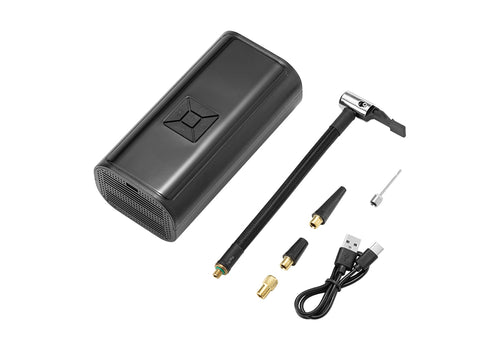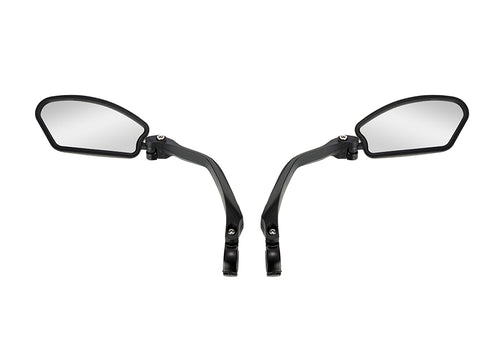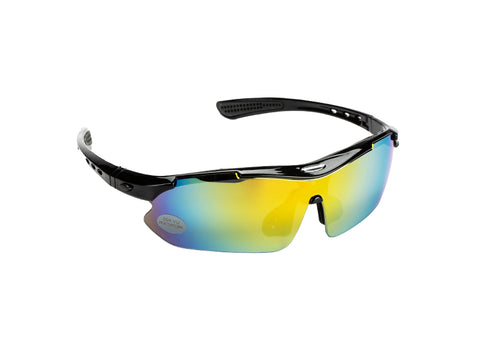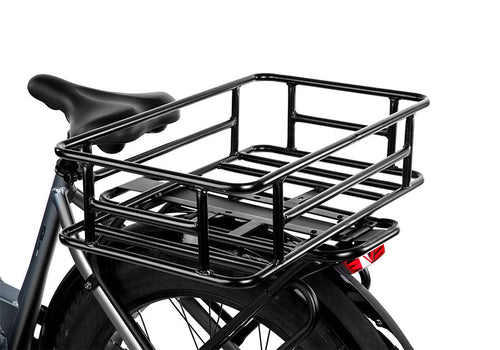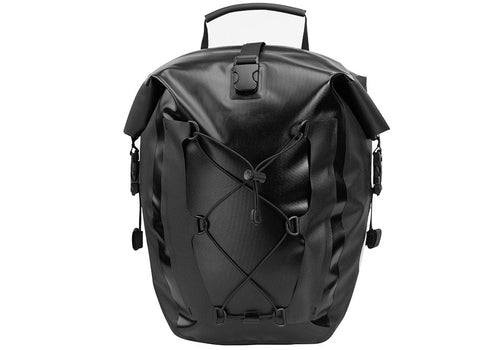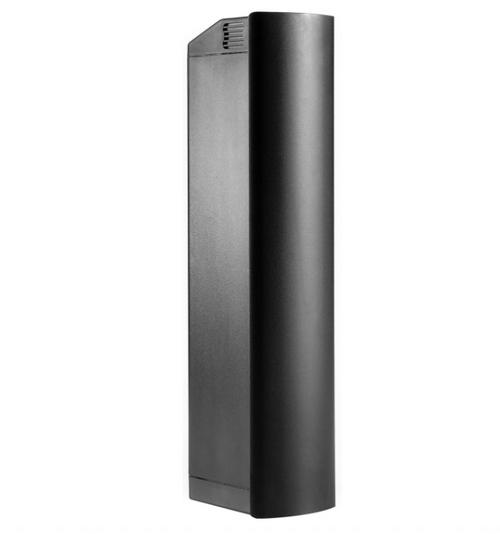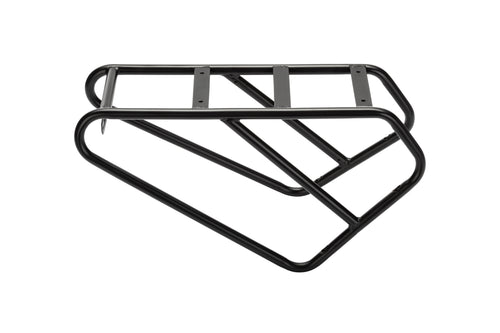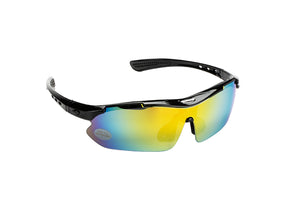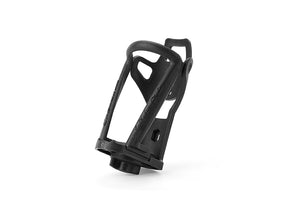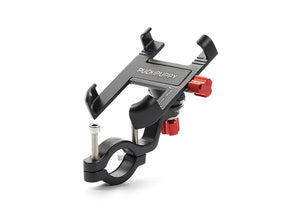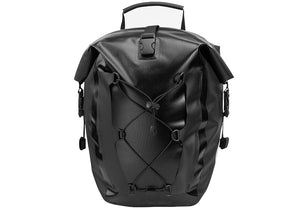As the popularity of E-Bikes continues to rise, more and more riders want to own an E-Bike. Before officially starting your E-Bike riding life, it is very important to understand the legal environment for the use of E-Bikes in the United States.
In this blog post, we’ll provide you with a comprehensive guide to U.S. E-Bikes laws and regulations. By familiarizing yourself with these regulations, you can ride with confidence on the road while enjoying the fun of your E-Bike.
Understanding E-Bike Regulations:
E-Bikes in the United States are regulated by the Consumer Product Safety Commission (CPSC). Here are the key regulations you need to know:
E-Bikes are classified into different types based on power and speed capabilities. The three main classes recognized in the United States are Class 1, Class 2, and Class 3. Each class has specific speed limits and requirements.
The federal law defines an E-Bike as a bicycle with a motor that provides assistance up to a maximum speed of 20 mph. The motor's power should not exceed 750 watts (1 horsepower).
E-Bikes must comply with certain equipment requirements, such as having functioning pedals, front and rear lights at night, and a horn or bell for audible signaling.
Riding E-Bikes on the Road
To ride your E-Bike legally on the road, you should be aware of the following regulations:
While laws vary from state to state as to whether e-bikes require a license, keep in mind that these U.S. states require you to have a license when riding an e-bike: Alabama、Alaska、Connecticut、hawaii、Louisiana、Massachusetts、Missouri、New Jersey、new mexico、north dakota、west virginia、the state of Wisconsin.
Currently, only a few states, such as Alabama, Alaska, Massachusetts, Missouri, New Mexico, Wisconsin, and North Dakota, require E-Bike registration.
States with strict helmet requirements:
Connecticut: All riders must wear a helmet. The age limit is 15 years and under.
Delaware: Riders under 18 years old must wear a helmet.
Georgia: All riders/passengers must wear a helmet.
Hawaii: Riders under 15 years old must wear a helmet.
Idaho: All riders must wear a helmet.
New York State: All cyclists must wear a helmet. The age limit is 14 years and under.
Ohio: Riders under 16 years old must wear a helmet
Additional detailed requirements can be obtained through your state's transportation department or regulations website. For safety reasons, we always recommend wearing a helmet.
Some states have age restrictions for cyclists, so make sure you meet the local age requirements.
Arkansas: No riders under 10 years old.
Georgia: Riders under 15 years old are not allowed to ride Class 3 E-Bikes.
Hawaii: Bicyclists under 15 years old are prohibited, and these bicyclists are required to wear helmets.
Indiana: Riders under the age of 15 are prohibited from riding Class 3 E-Bikes, and riders under the age of 18 are required to wear a helmet.
Maine: Riders under the age of 16 are prohibited from riding Class 2 and Class 3 E-Bikes. Riders under the age of 16 are required to wear a helmet.
Maryland: Riders under 16 years old are prohibited from riding Class 3 E-Bikes.
Michigan: Riders under the age of 14 are prohibited from riding Class 3 E-Bikes, and riders under the age of 18 are required to wear a helmet.
Tips for Riding E-Bikes Safely
To ensure a safe and enjoyable riding experience, here are some tips to keep in mind:
-
Observe Traffic Laws: Treat your E-Bike like any other vehicle on the road. Follow traffic signals, yield to pedestrians, and use hand signals when turning.
-
Be Visible: Use lights and reflectors on your E-Bike, especially when riding at night. Wear bright and reflective clothing to increase your visibility to other road users.
-
Ride Defensively: Always be aware of your surroundings and anticipate potential hazards. Maintain a safe distance from vehicles and be cautious at intersections.
-
Regular Maintenance: Keep your E-Bike in good working condition by regularly checking the brakes, tires, and lights. Follow the manufacturer's maintenance guidelines.
Please note that specific state requirements may change. Therefore, before purchasing an E-Bike or planning to ride one, check your state's latest regulations and requirements to ensure you understand and comply with them.
We want you to enjoy your E-Bikes to the fullest and always prioritize your safety and the safety of others on the road.

















